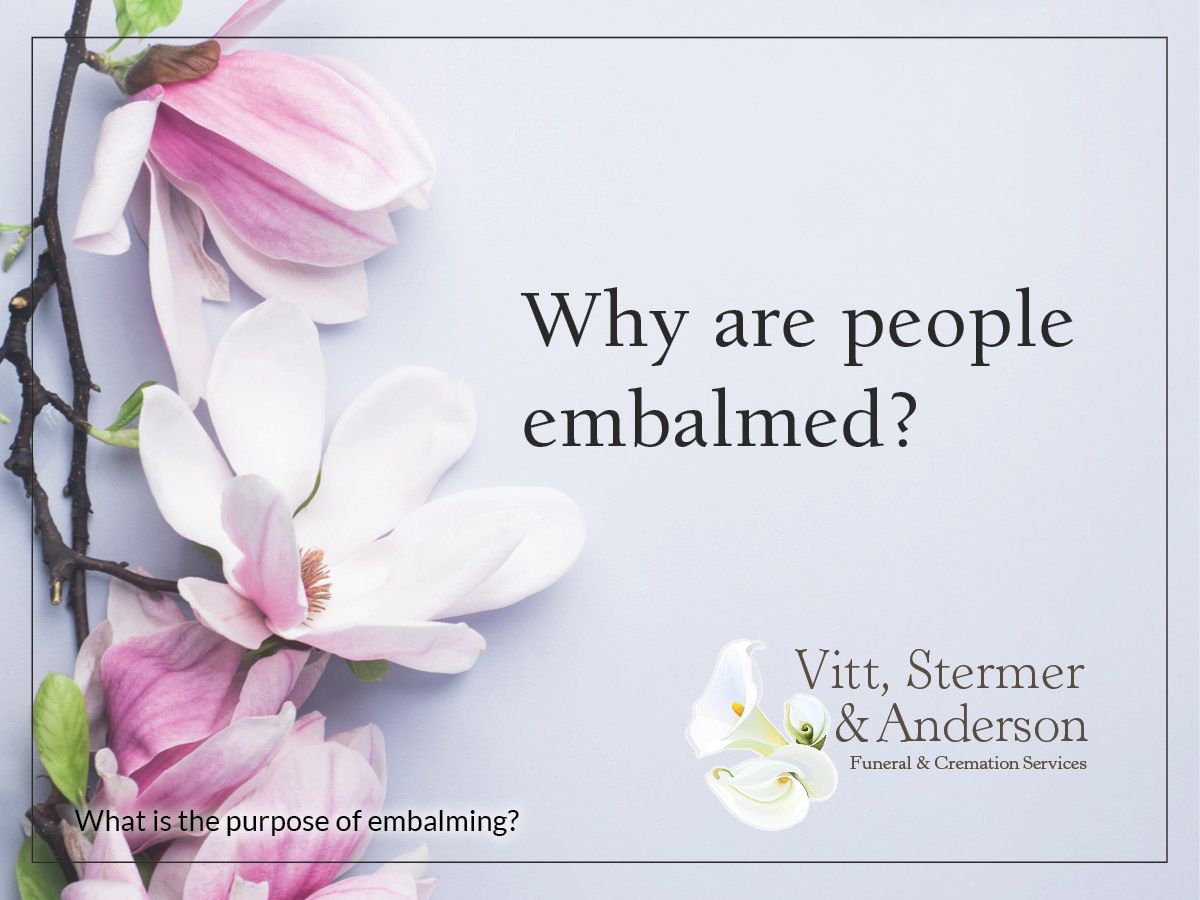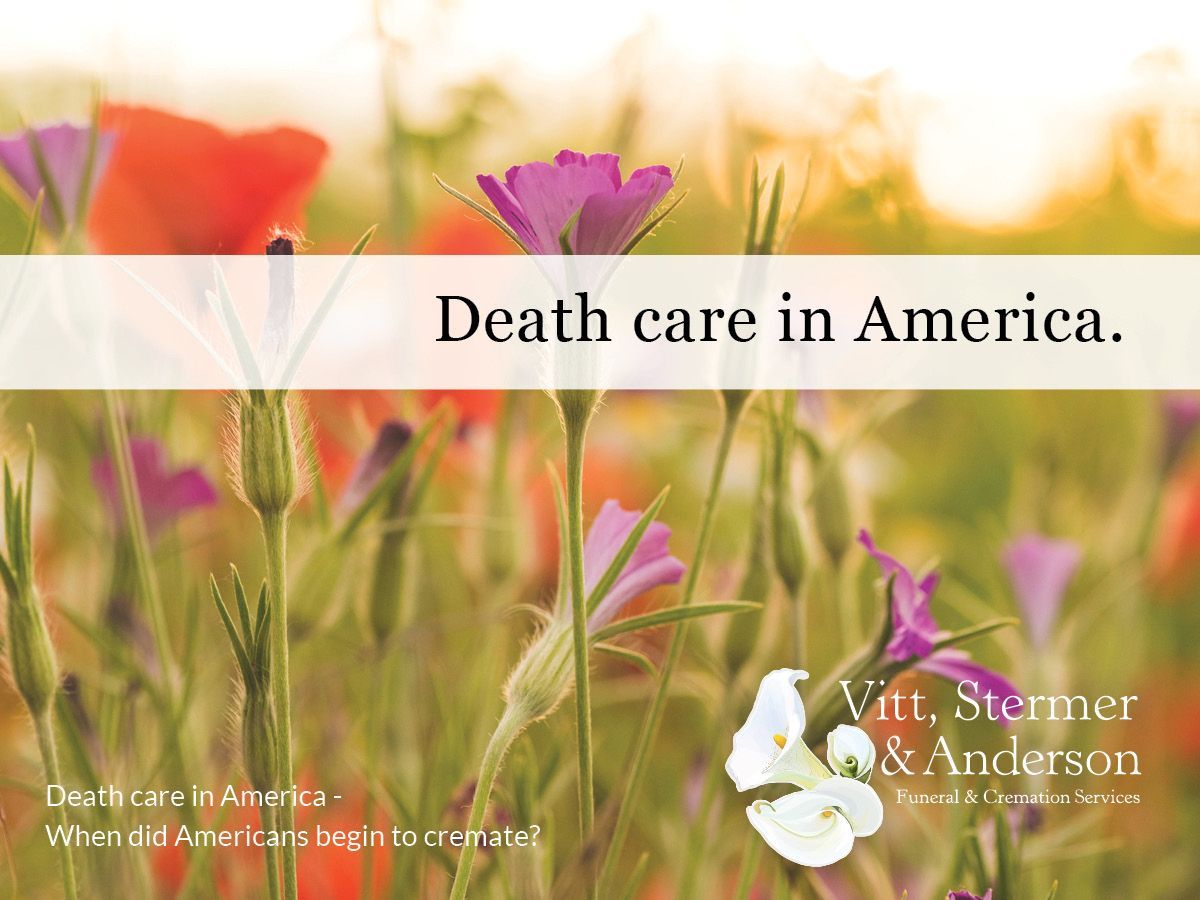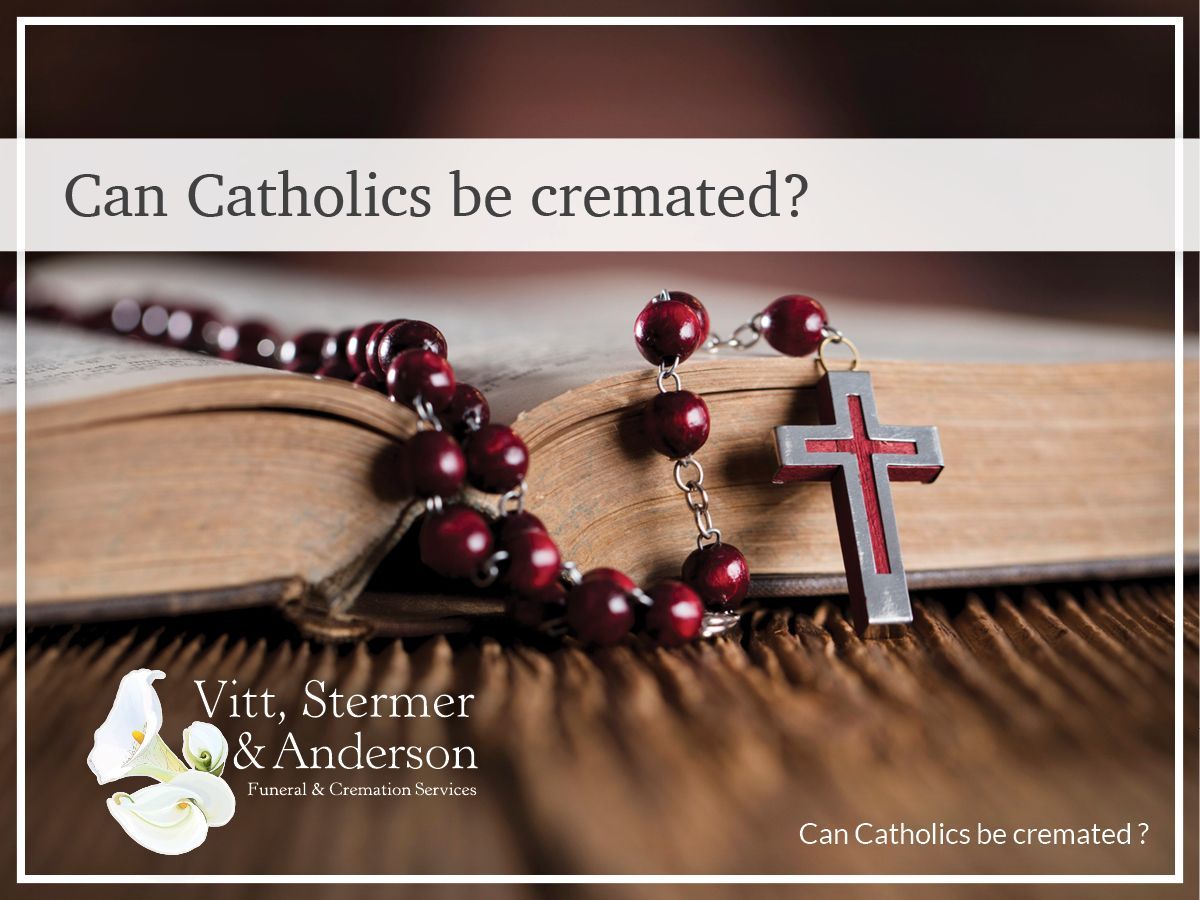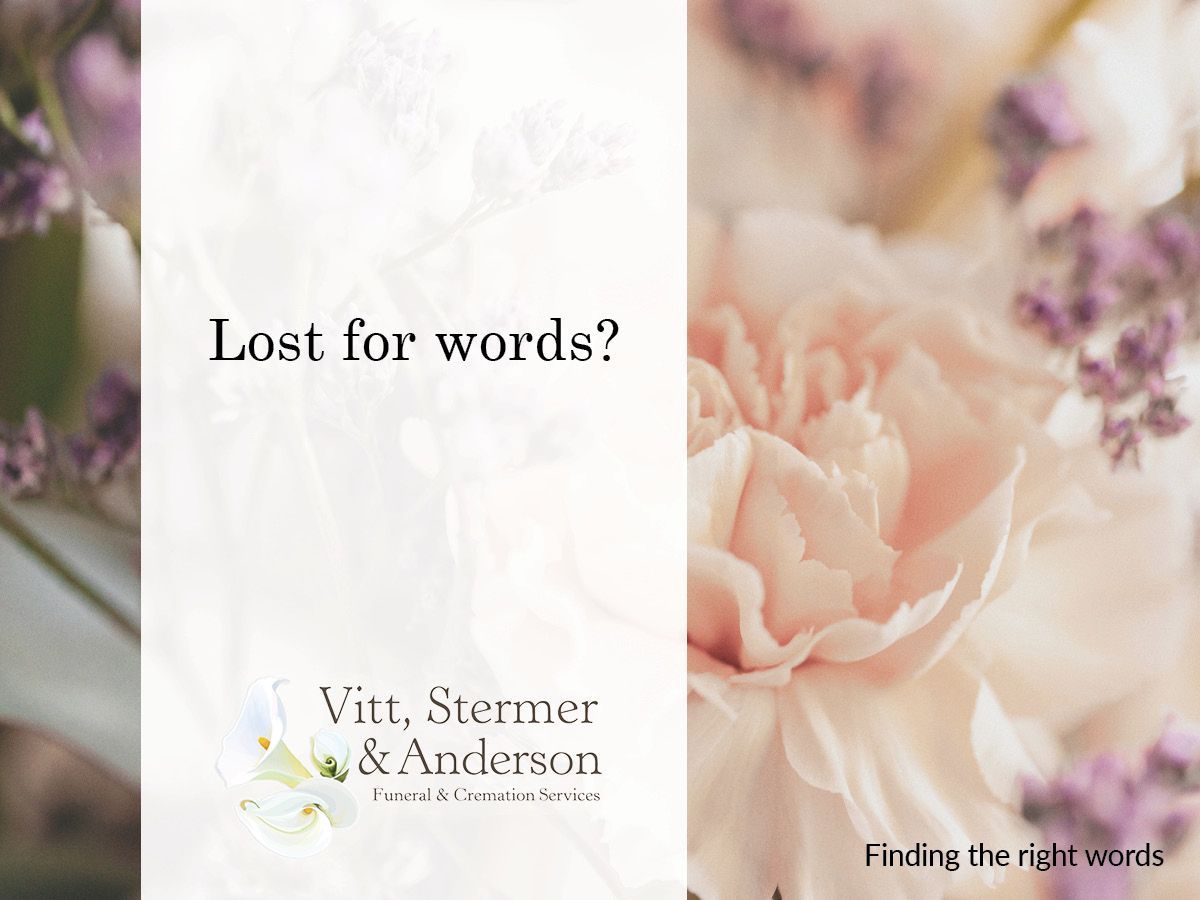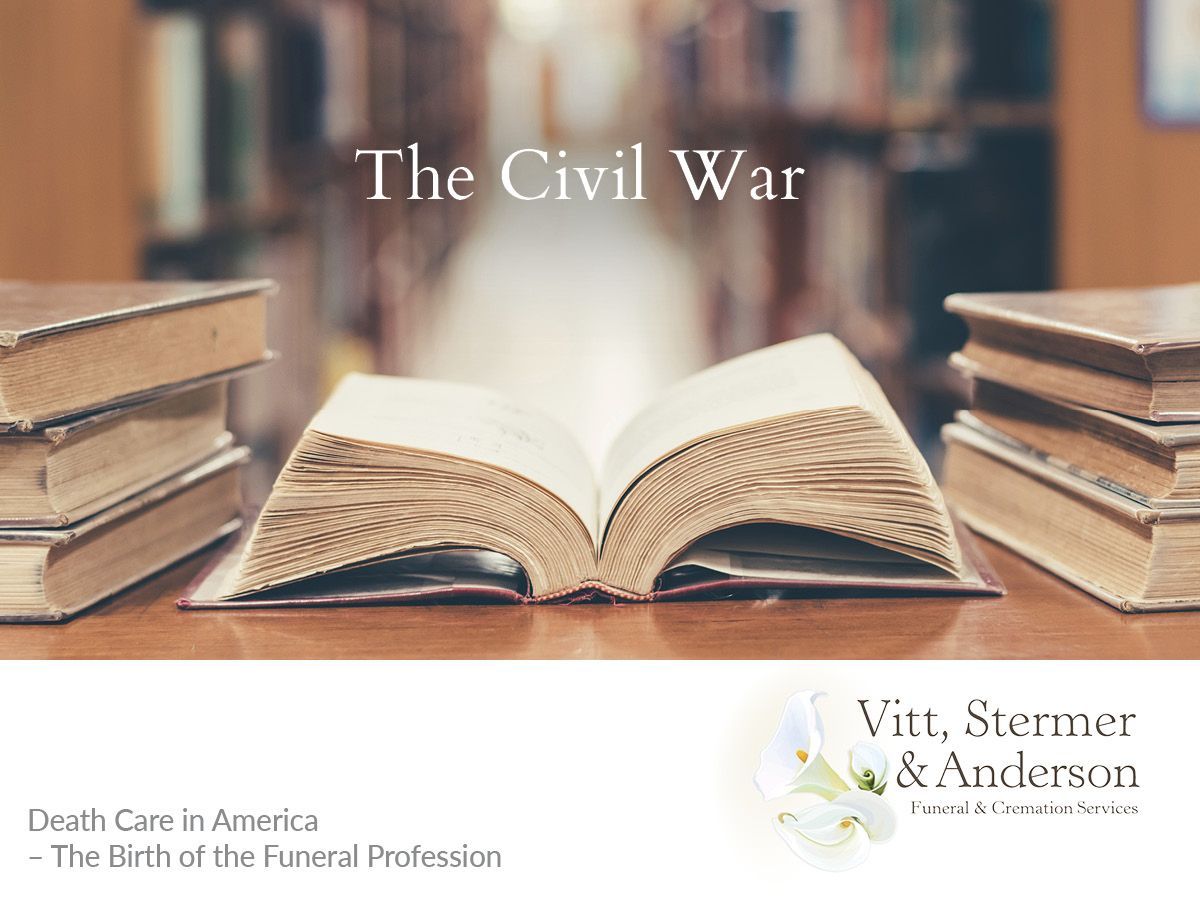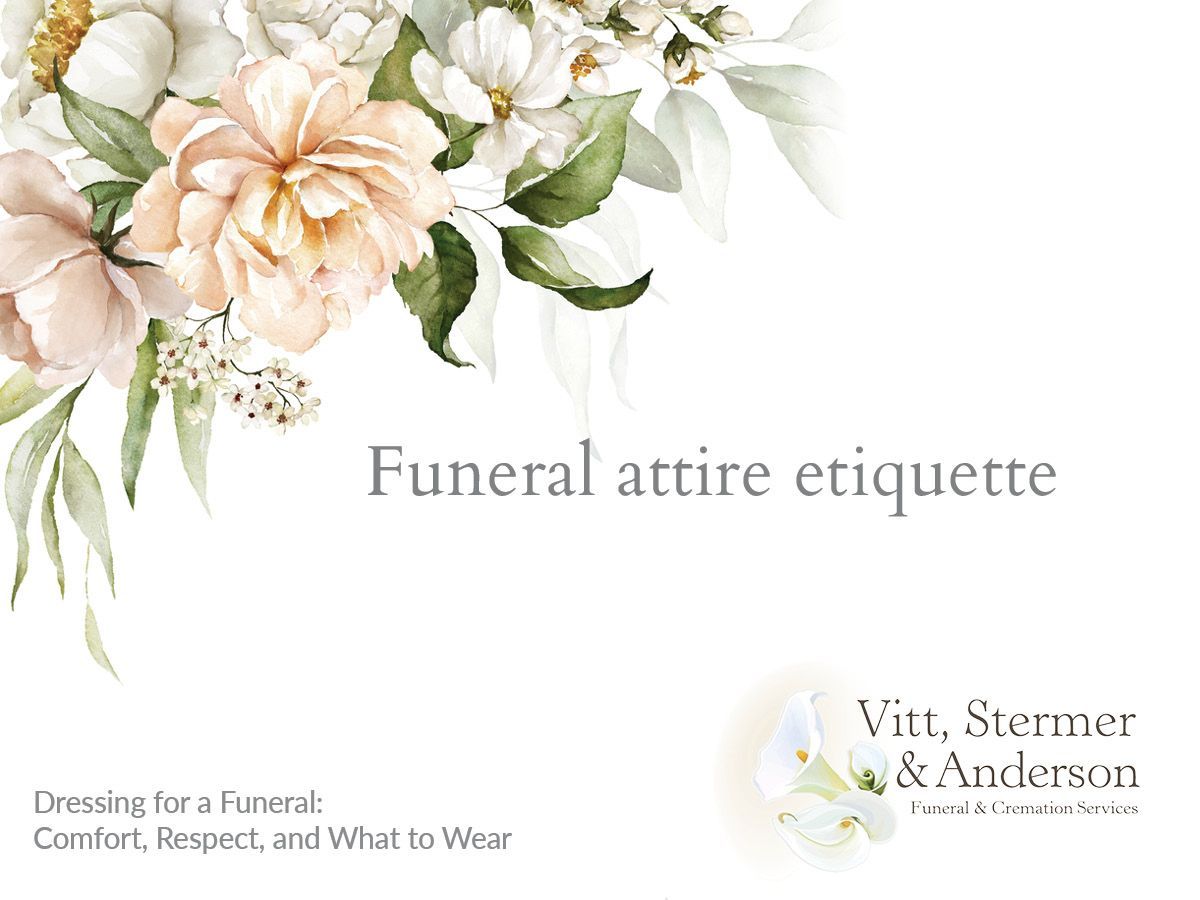What is a Desairologist?
A funeral should always be about the loved one who has passed. It’s a time for celebrating their life and giving their friends and family a chance to say goodbye and grieve together. That’s why professionals in the funeral space, like funeral directors or advanced planning specialists, work in the background, making sure that the focus is away from them and instead on the decedent.
But many people work to create a funeral befitting of the one who has passed on. A funeral home’s staff is filled with workers who take great care not only of the loved ones coming to celebrate but also of the decedents themselves. When families want a viewing or an open casket, the decedent should ideally look as they did in life. That’s where a desairologist comes in.
What Does a Desairologist Do?
The term desairology dates back to 1980 when Noëlla Charest-Papagno published “Desairology: Hairstyling for Decedents,” a book that taught the art of mortuary cosmetology. It’s a desairologist’s job to ensure that the decedents are prepared to be seen before they are cremated or buried. A desairologist, or mortuary cosmetologist, will apply makeup to the decedent, ideally making them look like they did when they were alive.
Desairology takes a talented hand because there’s more work to be done on a decedent than a living person. Humans begin to decompose minutes after death, which is why embalming is so crucial for a funeral. Embalming is also essential for desairology. Our tissue becomes very soft shortly after death, making it harder to apply makeup. But embalming helps to keep tissue firm, allowing the desairologist to get to work to create a warm and life-like complexion.
Still, even after embalming, other issues can arise that force the desairologist to adapt. Our skin often changes color in death, which means that a mortuary cosmetologist would have to counteract the transition. How much work a desairologist would have to do also depends on how the decedent passed on and if certain wounds need to be covered. Often, a family member will give the desairologist the makeup that the decedent used in their everyday life. Using the same makeup can help make the loved one look more like they did while alive. But the mortuary cosmetologist also has their own inventory of cadaver makeup.
A desairologist may also cut hair, but while makeup can be taken off and reapplied, there’s no fixing a haircut gone wrong for someone who is deceased. Although hair will grow back for the living, it, of course, cannot when someone has already passed on. For anything considered a permanent removal, like shaving a beard or trimming hair, the desairologist must get special permission from the decedent’s family.
Do All Funeral Homes Have a Desairologist?
Most funeral homes have someone who does mortuary cosmetology, but that doesn’t necessarily mean that they have a dedicated desairologist on staff. Often, the embalmer will also be the one to apply makeup and make the decedent ready for viewing. It’s the embalmer’s job to make sure the decedent is well-preserved and even reconstructed if need be.
An embalmer has to go to school to study mortuary science, but they must also receive a specialized license before entering the workforce. During their time of study, they may attend training in mortuary cosmetology. A funeral director may also receive training in desairology, but it’s most common for an embalmer to have additional skills in mortuary cosmetology.
Still, not all funeral homes have an embalmer or a funeral director with training in desairology. These funeral homes will typically not have a desairologist on staff, but they will likely hire freelance mortuary cosmetologists to fulfill this need.
What Education Does Desairology Require?
So, how did the desairologist you’re working with get to where they are today? If the funeral home has an embalmer who does mortuary cosmetology on their own, they may have taken classes while studying mortuary science, which is a requirement to work in their chosen career. However, if you’re working with a freelance mortuary cosmetologist, they likely have a very different background. There’s no specific degree for mortuary cosmetology, nor is there a prerequisite that one has to obtain one to work as a desairologist.
Instead, this desairologist likely underwent training the same way any cosmetology student would. They must have had a high school diploma and then gotten a degree in cosmetology from a state-approved training program. Then, they earned a cosmetology license by taking an in-depth exam following their degree. Since mortuary cosmetology is such a specialized area of study, it’s likely that they gained additional experience by finding contract work or taking on an internship at a funeral home.
Though desairologist isn’t a term that gets used very often, desairology is an everyday, essential part of the funeral process. Whether you’re working with an embalmer who practices mortuary cosmetology or a freelance desairologist, you’ll know that you’re with someone who has trained to provide care to your loved one. Thanks to their work, you’ll be able to say goodbye to your loved one while they look just how you remember.

